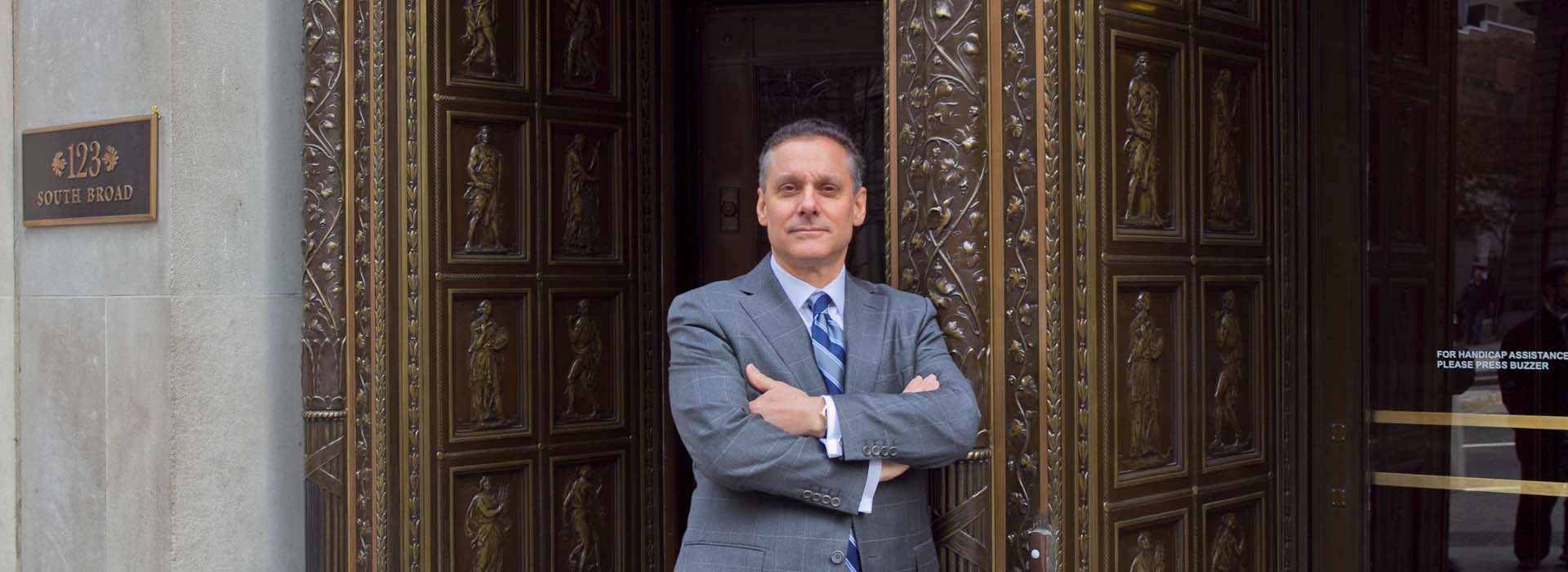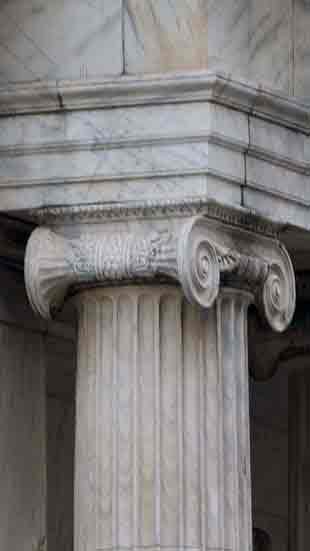Mancano Law, PLLC recognizes that results count. Below is a small sample of matters in which Mr. Mancano has successfully represented clients. Many of his most successful representations, however, occur “behind the scenes” or outside the “public record.” Because he values his clients’ privacy and is professionally obliged to protect confidential client information, he cannot report on some of our most significant successes.
Settlement Announced in Whistleblower Case
Boeing To Pay $8.1 Million to Resolve Allegations That It Knowingly Submitted Fraudulent Claims for Manufacturing Work Performed Under Contracts With the United States Department of Defense For The Production of V-22 Osprey Aircraft
Felony Convictions Vacated in the Fat Leonard Navy Corruption Case
Joseph Mancano of Mancano Law, PLLC, and other defense counsel, successfully represented four Navy Officers targeted in the sprawling “Fat Leonard” criminal case, pushing the government to withdraw their felony convictions of a year ago. Mr. Mancano, who represented retired Navy Captain David Newland, the lead defendant in the case, joined with counsel for Mr. Newland’s co-defendants in raising numerous instances of serious government misconduct involving concealment of evidence, false testimony by the government’s lead case agent, intentional misrepresentations by the prosecutors and improper argument during the 4-month long trial in June 2022. The Court called the government’s misconduct “outrageous,” vacating the felony convictions of Captain Newland and three others.
United States v. Patrick Squires, et al.
On January 28, 2016, following a two-week trial, Joseph D. Mancano, achieved a complete victory for Patrick M. Squires, when a federal court jury in Philadelphia found Mr. Squires not guilty of conspiracy and wire fraud charges. In the matter of United States v. Squires, et al. (Docket No. 15-424), Mr. Squires, a distributor of various custodial and maintenance supplies and services was charged with conspiracy with the maintenance director of the Bristol Township School District to direct business to Mr. Squires and avoid School District purchasing rules. The government also accused Mr. Squires of attempting to conceal his involvement with various of his companies that received work from the School District. At trial, it was established that the investigators ignored exculpatory evidence and avenues of investigation that, if pursued, would have demonstrated Mr. Squires’ innocence. After five (5) hours of deliberation, the jury acquitted Mr. Squires on all charges.
Owner of Personal Care Home Vindicated – Commonwealth of Pennsylvania v. Mina Panah
Joseph Mancano represented the owner of a licensed personal care home charged by the Pennsylvania Attorney General with neglect of a care-dependent person, a felony offense in Pennsylvania.
Undercover Sting Exposed – United States v. Kobeski and M. Brizer and Company, Inc.
The U.S. Department of Agriculture ran a fourteen-month undercover “sting” operation in Northeastern Pennsylvania that nabbed five meat processing plants and eleven plant operators for processing and selling beef unfit for human consumption. Joseph Mancano represented one of the plant operators, Francis Kobeski and his company, M. Brizer and Company, Inc., both caught in the sting dubbed “Operation Roundup.” According to the government, Kobeski and his company conspired with a corrupt on-site USDA inspector who branded the unfit meat as having passed inspection. The government claimed that the inspector received money from Kobeski to look the other way.


